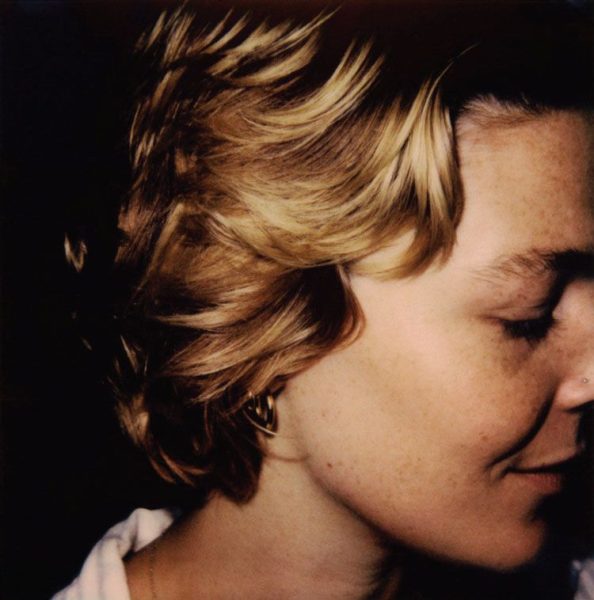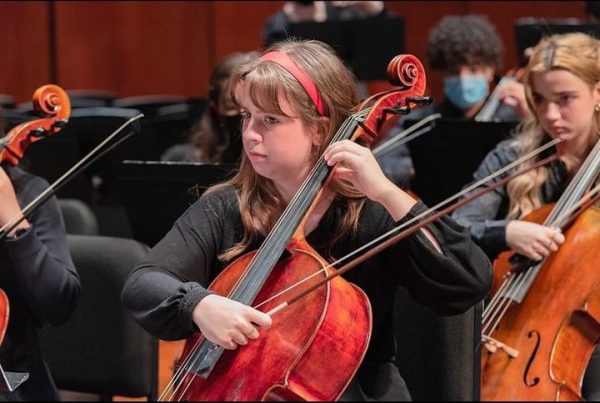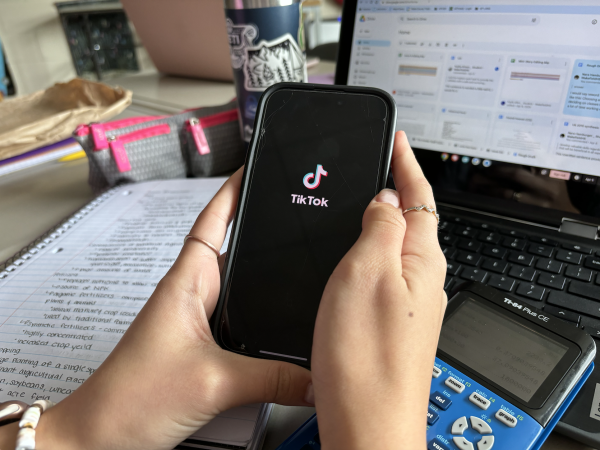“Babel” is an explosive critique of colonialism
October 7, 2022
“Traduttore, traditore: An act of translation is always an act of betrayal.”
R.F. Kuang’s daring historical fantasy novel “Babel”, released Aug. 23, explores historical narratives of colonialism and racism through the lens of language and translation, illustrating how the power of language can uphold an empire – or tear it down.
London during the 1830s is the heart of an ever-expanding empire, built on exploitation and powered by silver-working. In Kuang’s magic system, silver is inscribed with “match-pairs”, or two words in different languages with the same definition but unique connotations. The silver bridges the gap in understanding between both languages, capturing “pure meaning” to create a potent magical effect.
The novel follows Robin Swift, an orphaned Chinese boy whisked away to England by his mysterious guardian. Under the dreamlike roof of Oxford University’s Babel, the prestigious Institute of Translation, Robin’s task is to learn languages: not just to memorize them, but to understand their roots and meanings so deeply that he can think and dream in them. But when a rebel organization, Hermes, brings Babel’s cruel role in British imperialism to light, Robin must choose between the institute that gave him everything and his home country being destroyed by its actions.
An Oxford graduate herself, Kuang has done her research. Through sharply intellectual writing and supplementary footnotes, she deftly weaves together the real-world history of silver imperialism with the fantastical nature of silver-working at Babel. Her depiction of a London founded on magic doesn’t detract from readers’ awareness of British racism and exploitation. In fact, the narrative’s attunement to language through the magic system serves as a means to explore this history unflinchingly.
As the British empire expands, it swallows its colonies, consuming their language and knowledge to be used in service of Babel – a betrayal of the people and the cultures that those languages belong to.
Look no further than the novel’s tagline: “An act of translation is always an act of betrayal.” Kuang proclaims that there is no way to be entirely faithful to the original author’s meaning without subconsciously introducing personal bias to a translation. As the British empire expands, it swallows its colonies, consuming their language and knowledge to be used in service of Babel – a betrayal of the people and the cultures that those languages belong to.
At first glance, Babel appears a haven for foreigners, constantly seeking talent in the world’s languages. But in his early days at Oxford, as Robin faces a barrage of racism from elite white students, he observes that the institute’s vast collection of match-pairs and dictionaries all translate into English. Every scrap of work put in by these “lucky” students of color strengthens the British business of colonialism. In fact, as Robin comes to realize, “[Babel] is the business of colonialism.”
Kuang stated in an interview with Pop Matters: “I started thinking about what it means to be a student of color at a place like Oxford … To want that life, on one hand, to understand the history that made it possible, and to want to act on that history, on the other hand, was the contradiction that became the heart of my story.”
Is Robin’s cushy life at Oxford worth the guilt created by betraying his heritage? Or the knowledge that his fellows will always view him as a valuable import before seeing him as human?
As tensions escalate, this central contradiction turns volatile, like two sides of a match-pair that can never quite translate, and he lashes out with an act of violence that forces him to pick a permanent stance.
Kuang has a talent for making the brutal, action-packed ending feel both shocking and inevitable. Her characters’ dark secrets develop through every painful decision, until they’re backed into a corner with no choice but to make an explosion. This, Kuang argues, is the tragedy of empire: hollowing people and countries into shells of themselves, thieving and twisting their tongues, turning them against each other to exert control.
But “Babel” is not without hope. In fact, Robin embraces hope as an act of rebellion, daring to defy the structure of colonialism by reaching and dreaming of a changed future.
“History is fluid,” Kuang tells us. Narratives can be reformed, new stories written. If distance and misinterpretation are what turn a simple act of translation into a betrayal, then the solution is making a real effort to listen and understand. “Babel” encourages us to examine the world around us, seek out these biases and power systems and take history into our own hands.
This story was originally published on Wildcat Tribune on October 3, 2022.














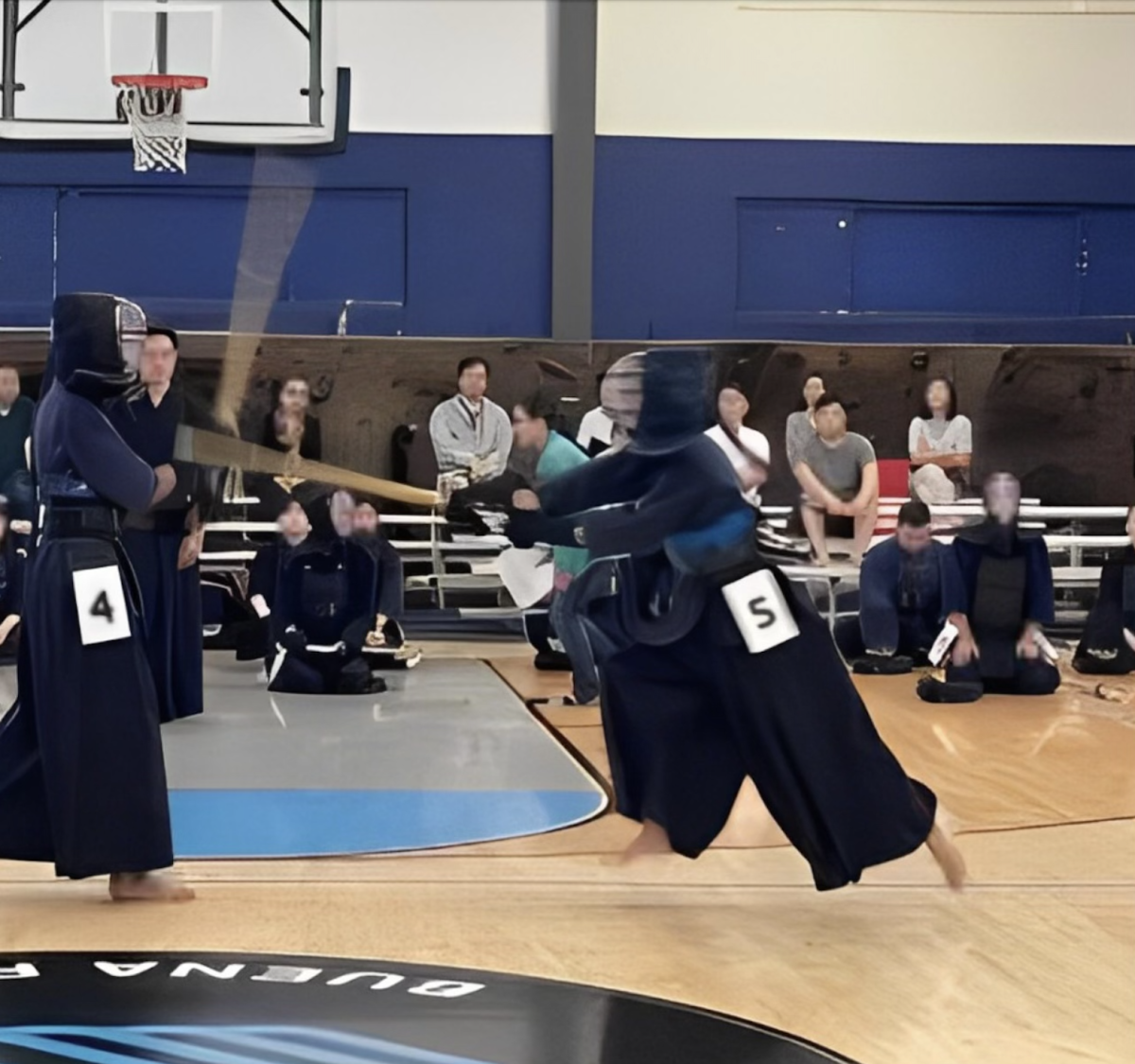


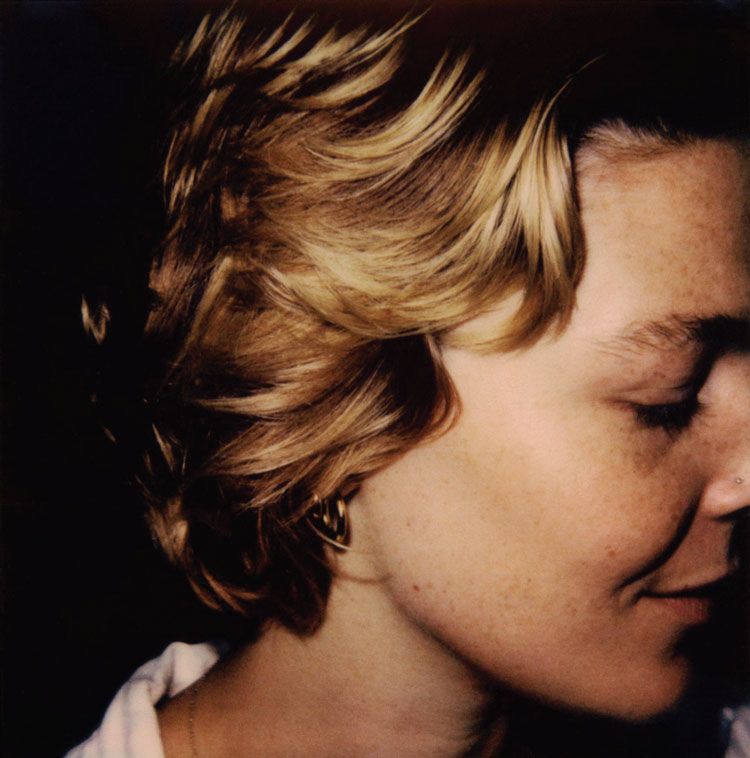













![IN THE SPOTLIGHT: Junior Zalie Mann performs “I Love to Cry at Weddings,” an ensemble piece from the fall musical Sweet Charity, to prospective students during the Fine Arts Showcase on Wednesday, Nov. 8. The showcase is a compilation of performances and demonstrations from each fine arts strand offered at McCallum. This show is put on so that prospective students can see if they are interested in joining an academy or major.
Sweet Charity originally ran the weekends of Sept. 28 and Oct. 8, but made a comeback for the Fine Arts Showcase.
“[Being at the front in the spotlight] is my favorite part of the whole dance, so I was super happy to be on stage performing and smiling at the audience,” Mann said.
Mann performed in both the musical theatre performance and dance excerpt “Ethereal,” a contemporary piece choreographed by the new dance director Terrance Carson, in the showcase. With also being a dance ambassador, Mann got to talk about what MAC dance is, her experience and answer any questions the aspiring arts majors and their parents may have.
Caption by Maya Tackett.](https://bestofsno.com/wp-content/uploads/2024/02/53321803427_47cd17fe70_o-1-1200x800.jpg)
![SPREADING THE JOY: Sophomore Chim Becker poses with sophomores Cozbi Sims and Lou Davidson while manning a table at the Hispanic Heritage treat day during lunch of Sept 28. Becker is a part of the students of color alliance, who put together the activity to raise money for their club.
“It [the stand] was really fun because McCallum has a lot of latino kids,” Becker said. “And I think it was nice that I could share the stuff that I usually just have at home with people who have never tried it before.”
Becker recognizes the importance of celebrating Hispanic heritage at Mac.
“I think its important to celebrate,” Becker said. “Because our culture is awesome and super cool, and everybody should be able to learn about other cultures of the world.”
Caption by JoJo Barnard.](https://bestofsno.com/wp-content/uploads/2024/01/53221601352_4127a81c41_o-1200x675.jpg)






